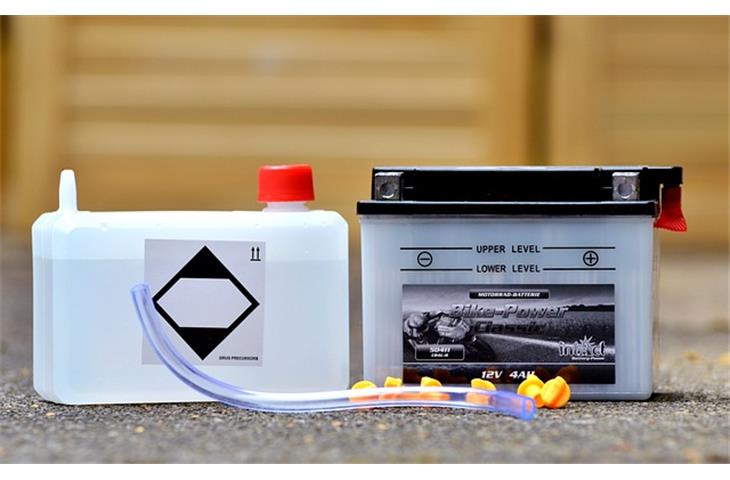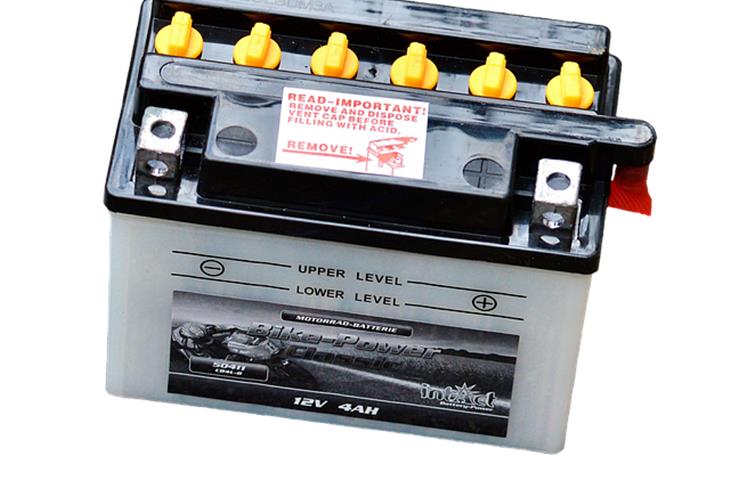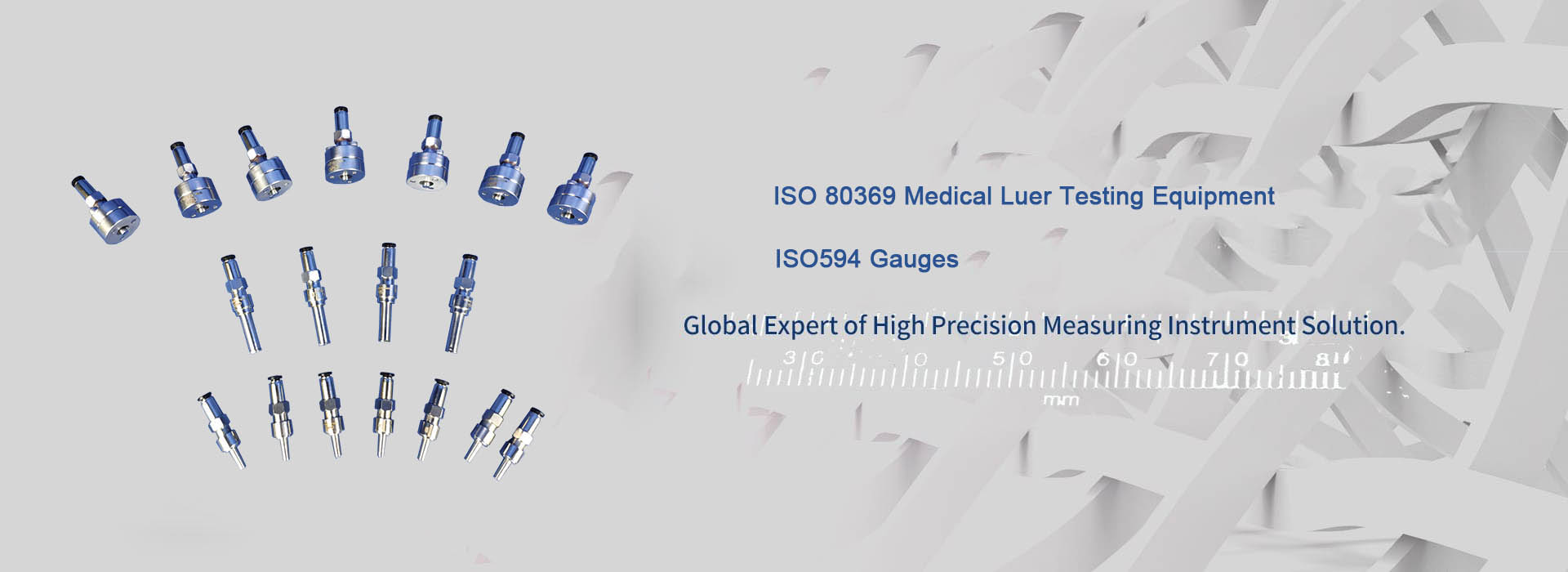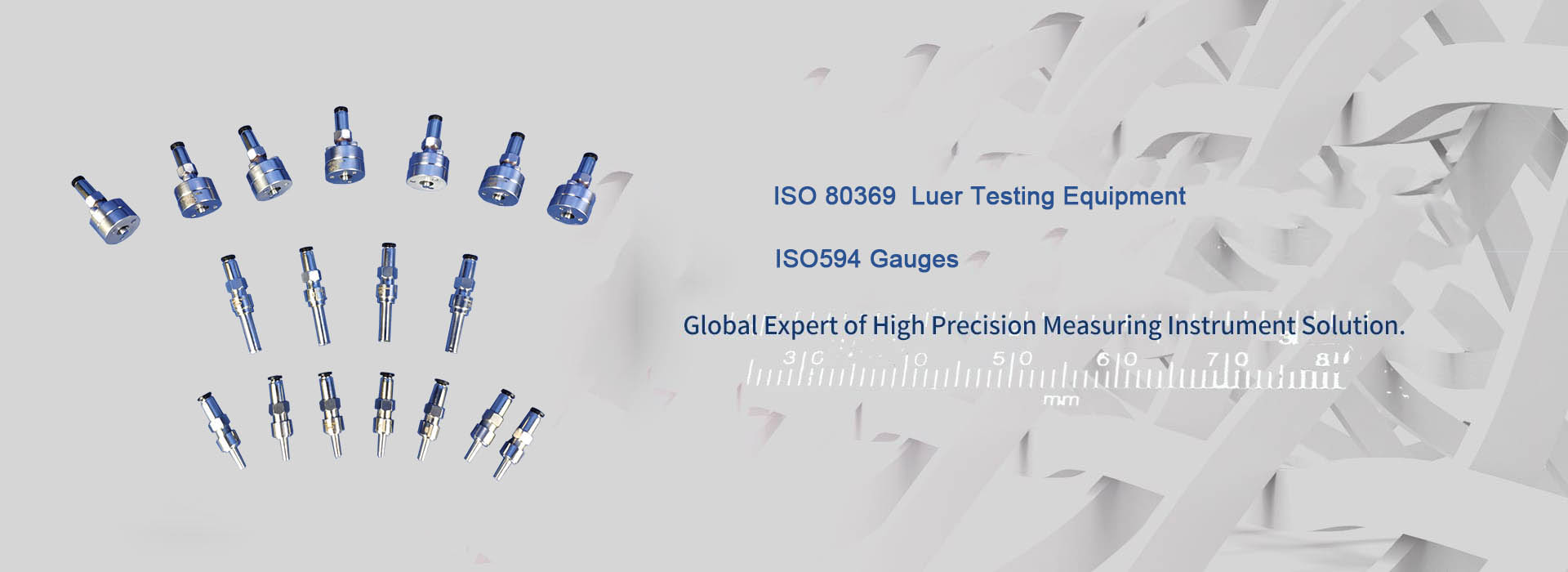Where to Buy Battery Pack Testing Machines: A Comprehensive Guide
As the demand for portable devices and renewable energy sources continues to rise, there has been a significant uptick in the need for robust battery pack testing equipment. For those seeking a premium battery pack testing machine, it is vital to recognize the critical features to consider and identify reliable suppliers. This article delves into the essential aspects of acquiring a battery pack testing machine, including its key functionalities, advantages, and leading manufacturers in the field.
Section 1: Essential Features of a High-Quality Battery Pack Testing Machine

1. Versatility in Battery Compatibility

1.1 It is imperative to select a machine capable of accommodating various battery types, such as lithium-ion, nickel-metal hydride, and lead-acid batteries.
1.2 Look for diverse testing capabilities, including charge-discharge, capacity, and internal resistance assessments.
Section 2: The Advantages of Purchasing a Battery Pack Testing Machine

2.1 Enhance Product Quality
Investing in a superior battery pack testing machine is imperative for guaranteeing the performance, safety, and durability of battery packs. By taking into account these crucial aspects, potential buyers can make an educated choice and secure the ideal testing machine for their requirements. There is no time like the present to embark on your quest for the optimal battery pack testing machine.
Additional Insight:
Recent studies have shown that battery pack testing machines have become indispensable in the renewable energy sector, with a 30% increase in demand over the past five years. These machines not only ensure product quality but also contribute to a reduction in production time by up to 25%, according to a survey by the International Energy Agency (IEA). Furthermore, a study published in the Journal of Power Sources indicates that regular testing can extend battery life by up to 20%, thereby reducing the environmental impact of battery disposal.
- Is defibrillation protection testing done correctly?
- KingPo Delivers and Installs State-of-the-Art Dust Chamber in Korea, Enhancing Local Testing Capabilities
- Neutral Electrode Temperature-rise Tester: Ensuring Safety in Electrosurgery
- ISO 80369-7 Luer Gauge Checklist
- What are the implications for manufacturers transitioning from ISO 594 to ISO 80369-7?
- KINGPO Company Unveils Next-Generation Electrosurgery Analyzer
- ISO 594 is replaced with ISO 80369
- KingPo CEO invited to the 83rd International Electrotechnical Commission (IEC) General Assembly
- ISO 80369-3 Test Equipment LIst
- Essential Considerations for Small-Bore Connector Testing Equipment


